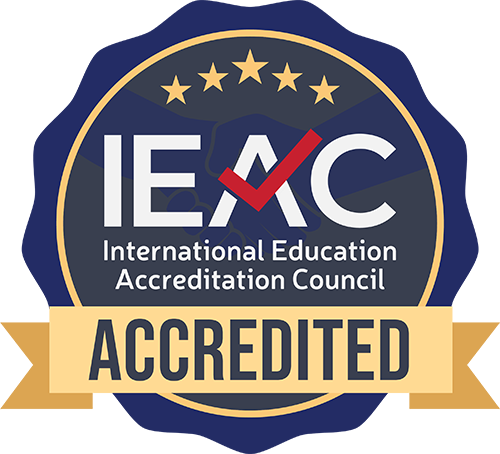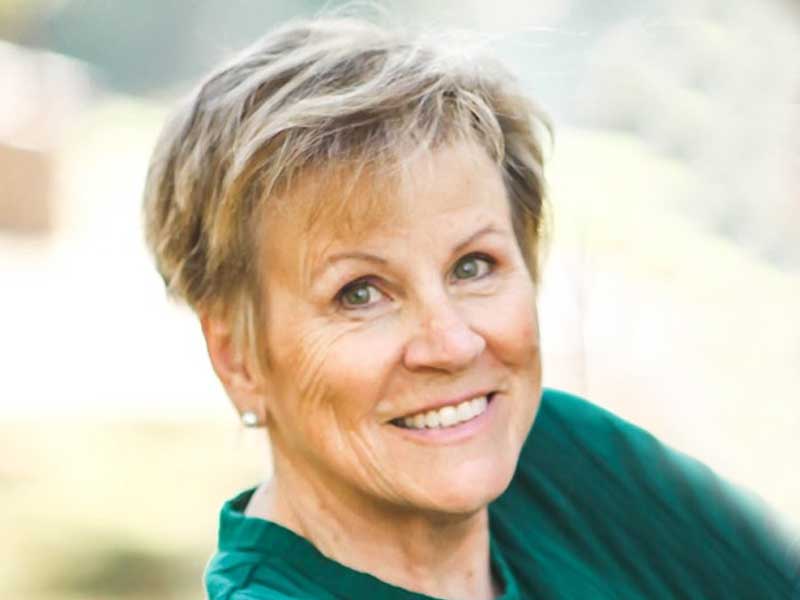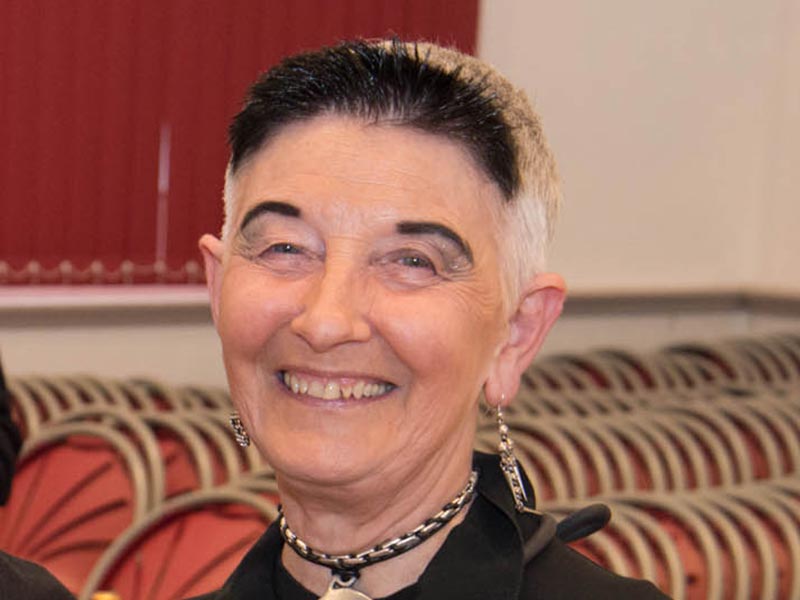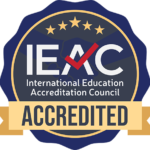Introduction
- Interested in artistic motive?
- Understand the relationship between culture and art throughout history?
- Do you know the importance of a Roman mosaic or the significance of DaVinci?
- Ready to broaden your humanistic background?
- Want to heighten your understanding of the dimensions of multiculturalism?
If the answer is yes, the Warnborough Cultural Art History PhD could be exactly what you are looking for!
The realm of art transcends the boundaries of time, place, religion, politics, economics and culture.
Art is where cultural, creative and historical characteristics are expressed–in timeless works that ultimately belong to us all. Cultural Art History more fully explores the cultural cross-fertilization of traditions manifested in works of art—and the influences underlying their production. In addition, Cultural Art History explores the ongoing fascination for and importance of works of art—over time—from multicultural and interdisciplinary perspectives. Art history has never been more significant in the broad cultural fabric.
Key Info
Duration:
3 Years minimum ^
Credits:
160 ECTS credits
Fees:
€18,000 *
Start:
Monthly
Prerequisites:
Master’s degree; or equivalent.
Cultural Art History Progression Pathway
Lectures
Certificate of Completed Module
Postgraduate Certificate in the History of Art
Postgraduate Diploma in Cultural Art History
Master of Arts in Cultural Art History
PhD in Cultural Art History
Note: The graduate programs (colour-coded ‘blue’ up) show a clear progression pathway. The lower-level courses can be done purely for general interest or as transfer credits to other schools. Move your mouse over each block to see the entry pre-requisites (if any).
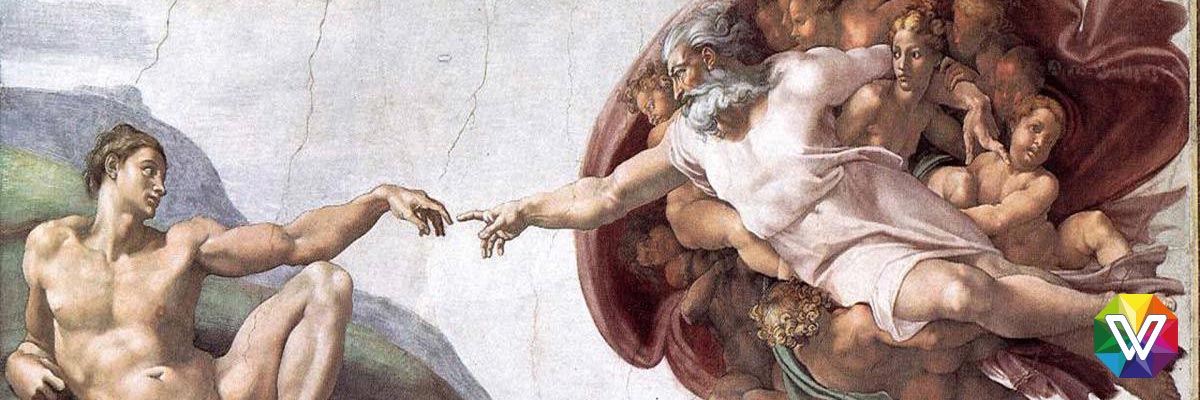
The doctoral program in Cultural Art History is designed for learners who intend to develop professional careers in cultural art history. It will also hone a student’s analytical, critical, research and writing skills, and is therefore a useful qualification for various professions.
These include:
- teaching, most likely at the college level
- law, program development
- museum and gallery work
- art dealership
- art therapy
- fine arts
- travel and tourism
- research
- art criticism, creative writing and journalism.
Graduate learners typically work with their mentors to combine modules into customized programs, suited to their goals for graduate study. Read the complete graduate module descriptions for information as well as ideas! Think of them as a set of guidelines, rather than a set of rules. The descriptions will give you a sense of the knowledge and skills you need to develop. They will also give you ideas on areas you may wish to pursue most aggressively, in your graduate program.
The Cultural Art History PhD. program will offer learners contact with diverse art historical methods. It will survey the major periods of American, Western European and Eastern artistic traditions. Alongside this, it will examine other artistic traditions, forms, genres and perspectives— while concentrating on an area of specialization. Issues and special topics and problems are an important facet of graduate study. Graduate learners will be expected to achieve a detailed understanding of their chosen cultural art historical area.
Students may also choose to embark on a research-only program.
Cultural Art History learners can participate in our annual Conference on the Arts.
Doctoral candidates will be required to pass a minimum of 160 ECTS credit, in courses/equivalents at the 500 level or above. At its discretion, the College may require a doctoral candidate to take more than the minimum number of modules required for the doctoral degree, if the student does not have a thorough background in art history. Cultural Art History PhD candidates are welcome to take any of the modules offered in the Cultural Art History program. However, they may not count any credits earned in 100 – 400 level modules toward their PhD requirements. See full module list here. Because of the enormous flexibility of the WCI program, learners may work with their mentors to structure their program in the context of their individual interests, and professional and academic goals. Read the complete module descriptions for information as well as ideas. The Cultural Art History PhD is comprised of:
160 ECTS credits:5 compulsory modules: 40 credits (8 credits each)
9 elective modules: 112 credits (8 credits each)
Dissertation: 48 credits
The following modules are compulsory: (5 modules, 8 credits each, total of 40 credits)
- CAH701 The History of Art History
- CAH702 Conducting Research in Art History
- CAH 704 Theory and Interpretation
- Choose two modules from:
- CAH703 Critical Writing in Art History
- CAH705 The Business of Art History
- CAH706 Museum Practices
The following modules are elective: (9 modules, 8 credits each, 72 total of ECTS credits)
All modules should be related to the student’s specific focus area. Students are also encouraged to pursue modules specifically developed for them under CAH 722 and/or CAH 723.
The area and subject of the dissertation should, to a considerable extent, govern the choice of modules/areas of focus in the PhD program. Students will work closely with their mentors, instructors and the University in designing their programs and choosing an appropriate dissertation topic. See more information.
Oral Examination
After the acceptance of the dissertation by the College, an oral defense (viva voce) may be required. Upon satisfactory completion of all requirements, students will receive the Cultural Art History PhD. There are no other exit points in the program. Students will receive credit for modules successfully completed.
Learners may be exempt from certain modules (modules) in the curriculum, based on prior modules taken, and/or a demonstrated knowledge of art history and related disciplines. Modules taken at any time during the learner’s career may be counted, if they fulfill appropriate requirements.
Elective modules are selected from a wide range of options. Learners may be exempt from elective module pre-requisites, based upon their previous module work and experience, and demonstrated research and writing skills.
This program is offered via distance learning.
Individual programs can be structured in module formats; can be project/research directed, or can combine these options. At the doctoral level, learners are expected to be highly self-motivated and capable of independent work. All learners are also required to actively participate in and contribute to the Warnborough Online Management System (LMS).
The Kent Arts Conference is sponsored by Warnborough College Ireland each year, and students are actively encouraged to participate in this. It is a great opportunity to present research or workshops, and to meet other like-minded contacts.

Celina B. Barrios de Senisterra was born and grew up in Argentina where, after graduating with a Diploma of Architect, she designed, planned, and directed private and public building projects, and administered a cultural institution. After moving to Canada, she worked in art galleries and museums in the education, curatorial, and cataloguing departments, while completing a Master of Arts in Art History at the University of Toronto, and a PhD in Cultural Art History at Warnborough College Ireland.
She has been a guest lecturer in History of Art and Architecture at various colleges, universities, and libraries. In 2019, she published her book "Mesoamerican Open Spaces and Mural Paintings as Statements of Cultural Identity" that has been added to university libraries in Europe, and North and South America. She lives in Canada with her family and dog.
She can be contacted at arthistory@warnborough.edu
* Fees:
Fees refer to tuition only. It does not include ancillary expenses such as required materials (see above), textbooks, internet connections, postage, telephone calls, insurance and printing. More…
^ Duration:
Depending upon exemptions, performance and the workload, it may take more or less time. Accreditation for Prior Learning or Experience (APEL) can reduce time and fees.
You may also be interested in:

